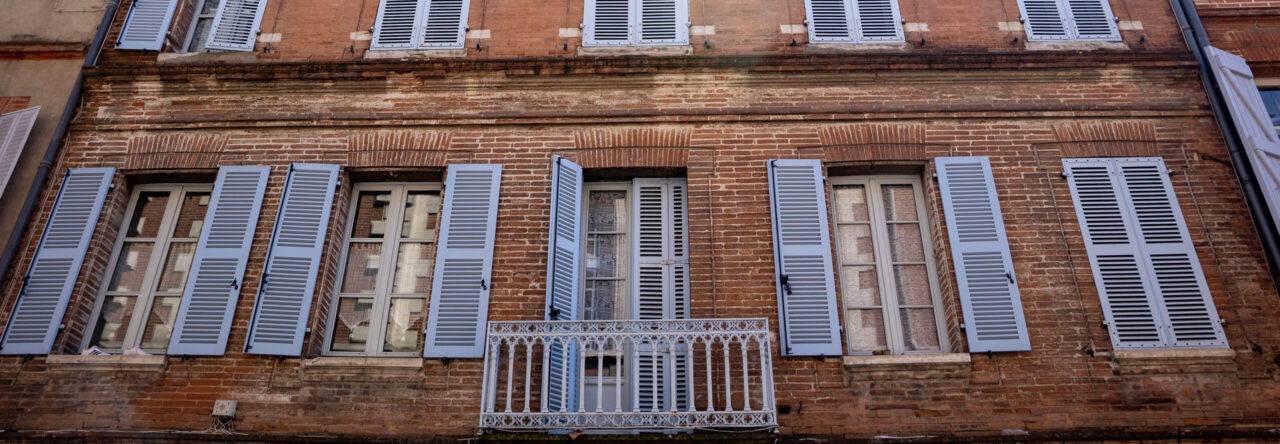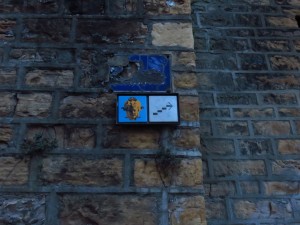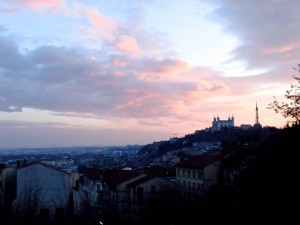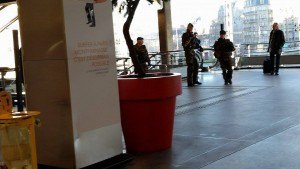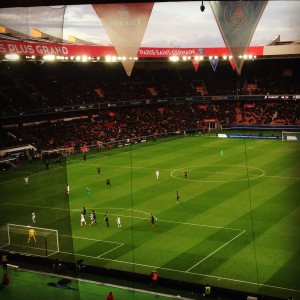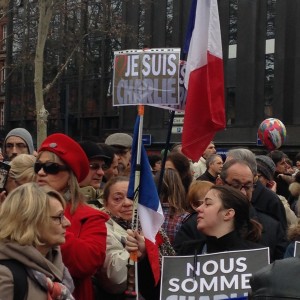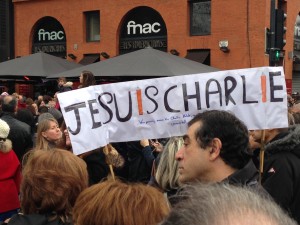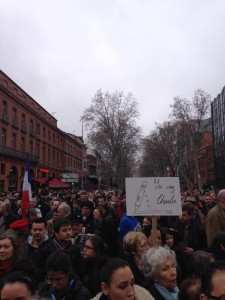When I travel to other places, I take advantage of all of the cultural opportunities they have to offer, such as expositions, plays, operas, etc. However, it is easy to forget that Toulouse also has terrific opportunities to understand the French culture. For example, two weeks ago, I attended a play at the Théâtre du Pavé called « The Bald Soprano », written by Eugène Ionesco in the 1950s. It is an absurdist play about two couples who engage in meaningless banter. The actors and actresses were almost nude and their hairstyles were very strange, messy, and colored. There were a lot of weird phrases, random noises, and strange movements and at times it was hard to follow. It was certainly not a typical play, and this play was my first experience with the absurd.
However, I found myself understanding the jokes and actually laughing aloud. Sometimes, I even forgot that they were speaking in French ! Looking back, it was a great way to experience the styles of French humor. Plus, it was a great test of language comprehension! I think that I learned some new vocabulary words simply by listening to the play and situating unknown words in context. It was fun to feel like a real French person ! Therefore, it is important to explore and seek out cultural experiences here in Toulouse. One main goal of this semester is to become fluent. In order to learn unfamiliar words and to obtain better comprehension skills, plays such as « The Bald Soprano » are invaluable resources.
In addition, there are other opportunities to learn apart from plays. Everyone has different interests and Toulouse is full of opporunities for cultural experiences. No matter what you choose, it is important to better understand the cultural roots of Toulouse and of the French language.
-Lauren Wachenfeld
